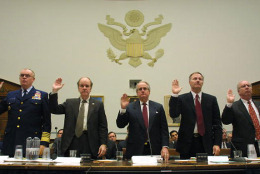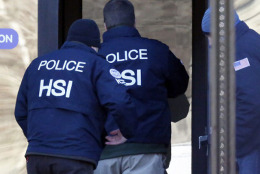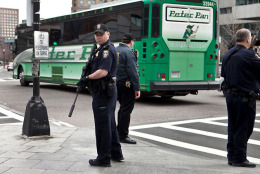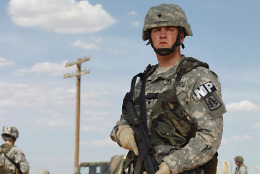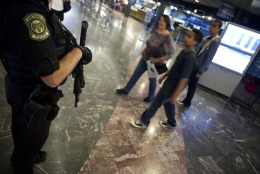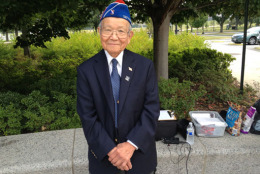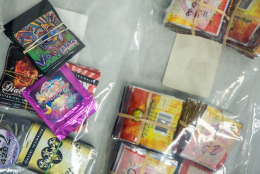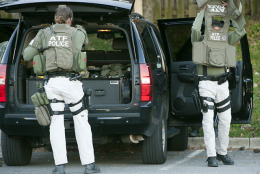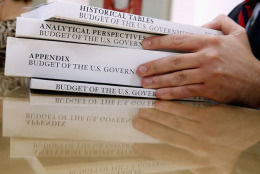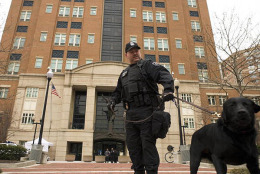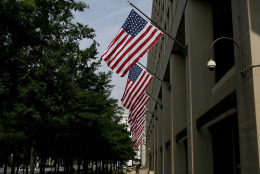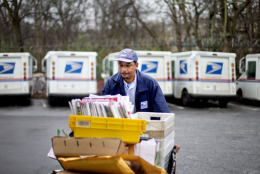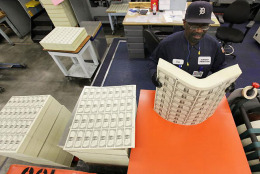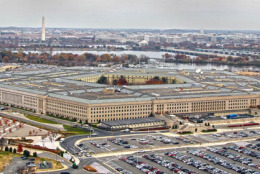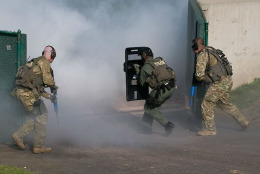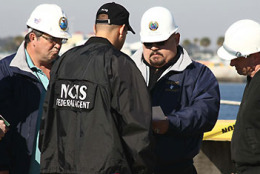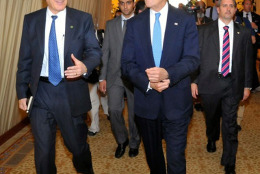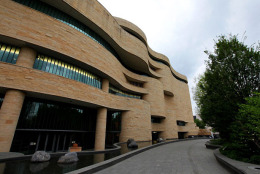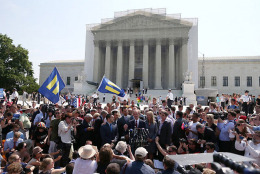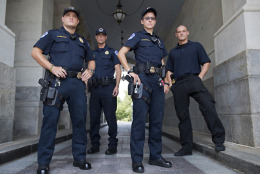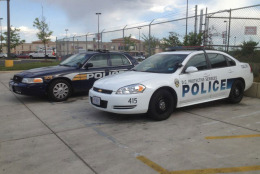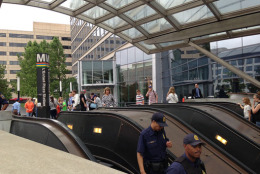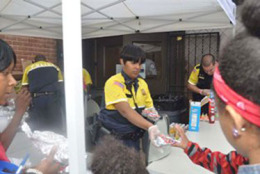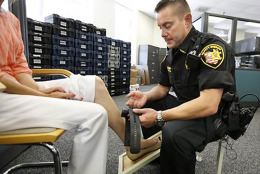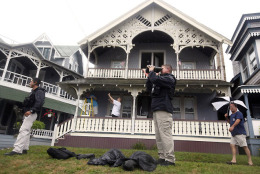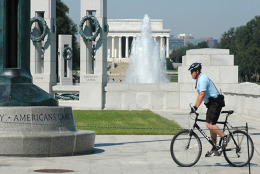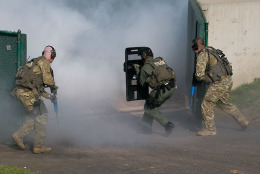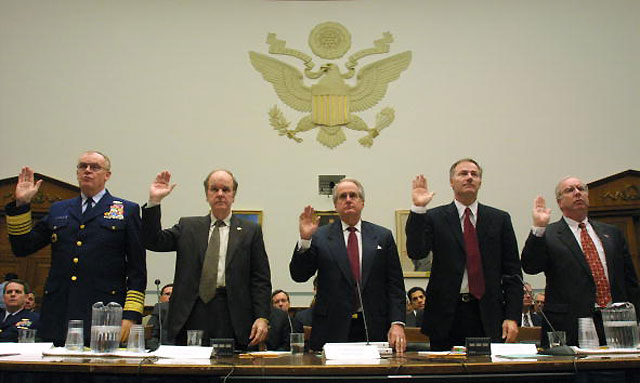
In the photo, former U.S. Coast Guard Commandant Adm. James Loy, left, is sworn in during a 2001 congressional hearing.
(Getty Images/Alex Wong)
Getty Images/Alex Wong
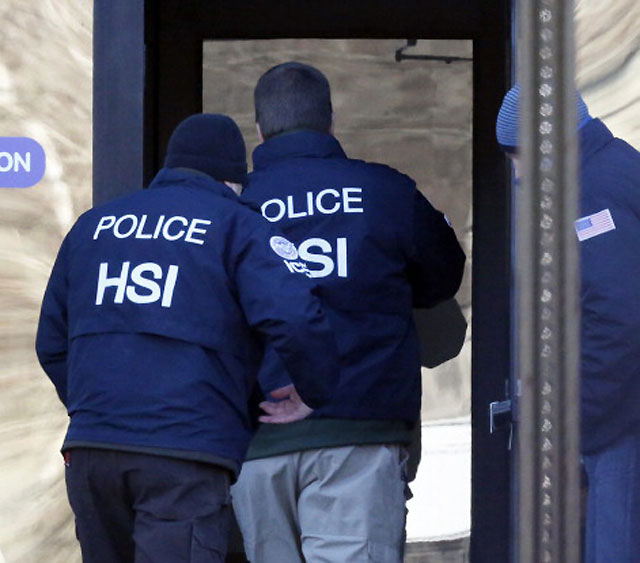
HSI has more than 10,000 employees who are assigned to hundreds of cities throughout the U.S. and 47 countries around the world.
(Getty Images)
Getty Images
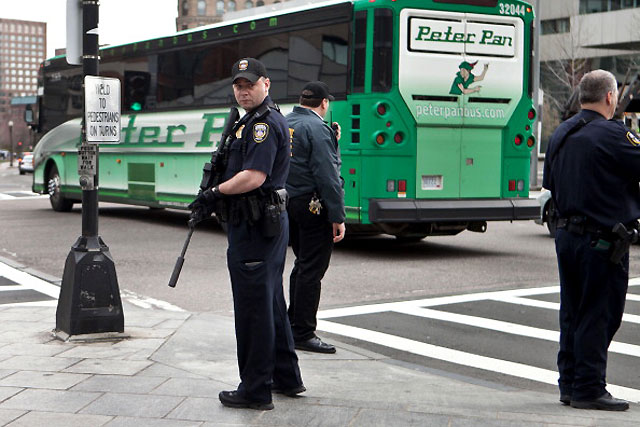
(Getty Images/Kayana Szymczak)
Getty Images/Kayana Szymczak
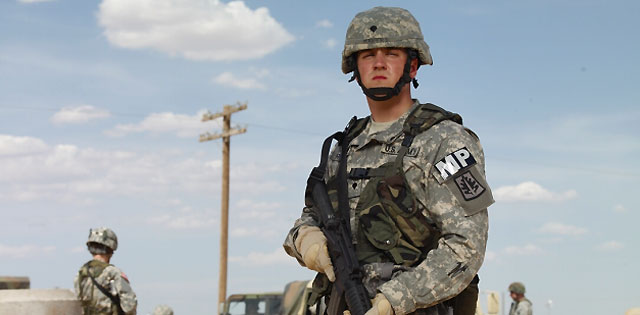
(Courtesy of Military Police Corps)
Courtesy of Military Police Corps
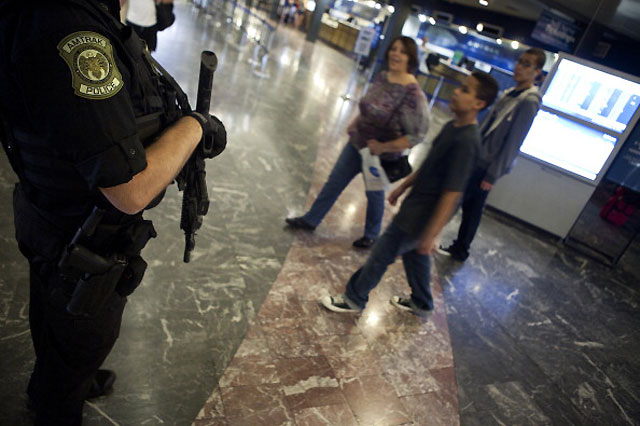
(Getty Images/Brendan Smialowski)
Getty Images/Brendan Smialowski
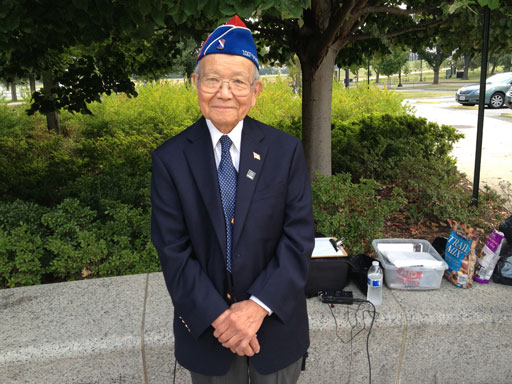
World War II veteran Terry Shima is pictured above at Victory Over Japan Day celebrations held on Labor Day.
(WTOP/Hank Silverberg)
WTOP/Hank Silverberg
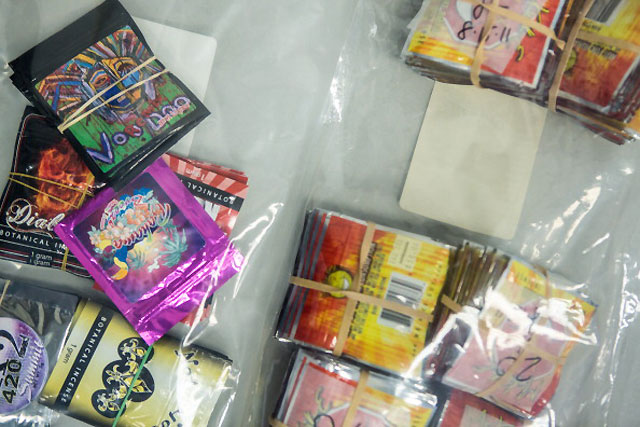
It regularly coordinates with the FBI, Interpol, the United Nations and other government agencies throughout the world.
The DEA had more than 10,000 employees worldwide, and operated on a more than $2 billion annual budget in 2012.
(Getty Images/Brendan Hoffman)
Getty Images/Brendan Hoffman
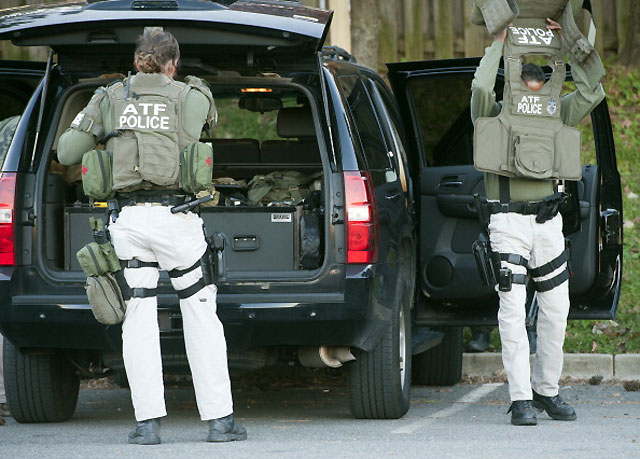
(Getty Images/The Washington Post)
Getty Images/The Washington Post
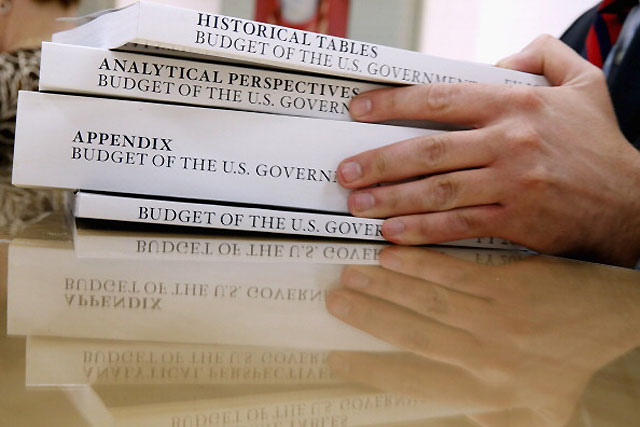
(Getty Images)
Getty Images
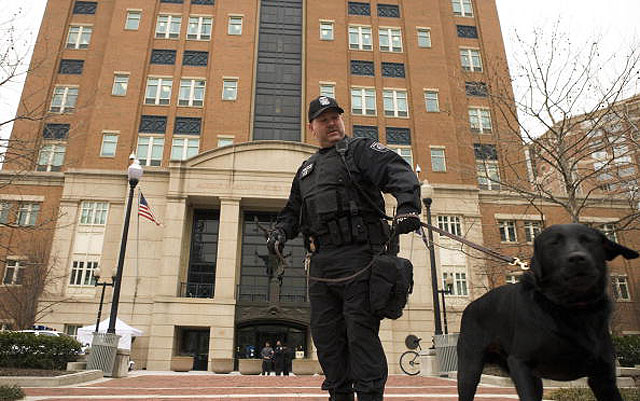
In 2011, FPS conducted more than 2,000 criminal investigations and made more than 1,600 arrests, according to the agency's website. The agency has 900 officers.
(Getty Images)
Getty Images
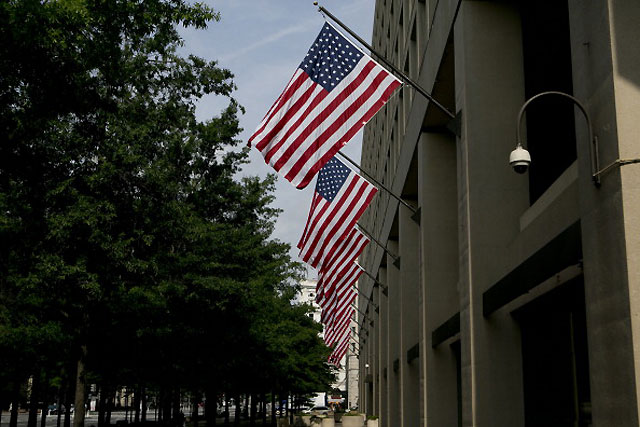
"The primary mission of the FBI Police is to deter terrorist attacks with the visible presence of a well trained, well equipped, professional police force; and to protect the FBI from criminal acts and unauthorized access," according to the agency's website.
(Getty Images)
Getty Images
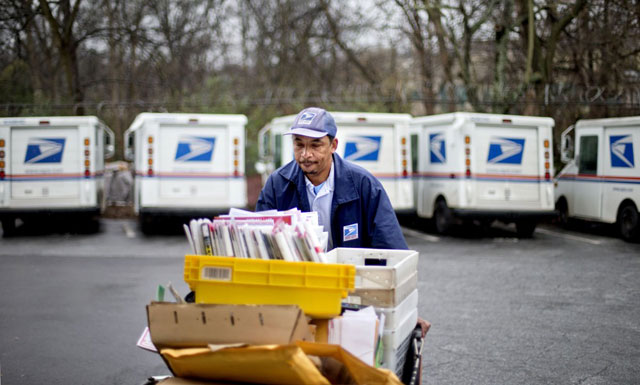
(AP Photo/David Goldman)
AP Photo/David Goldman
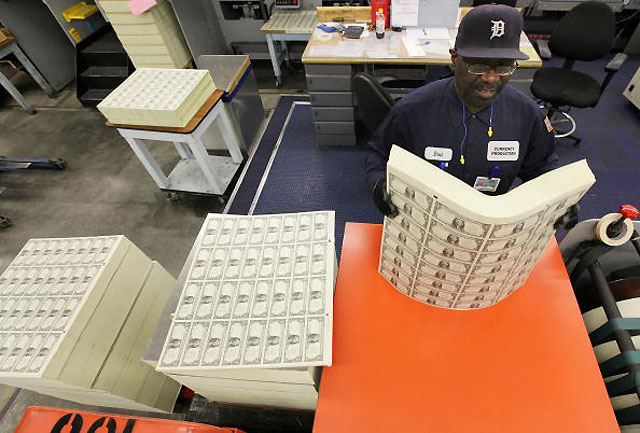
(Getty Images/Jefferson Best)
Getty Images/Jefferson Best
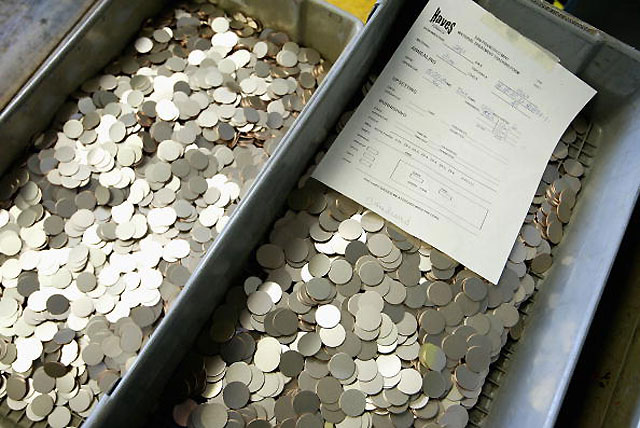
(Getty Images/Justin Sullivan)
Getty Images/Justin Sullivan
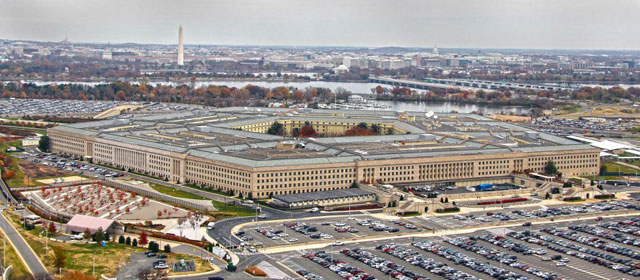
Facebook/Pentagon Force Protection Agency
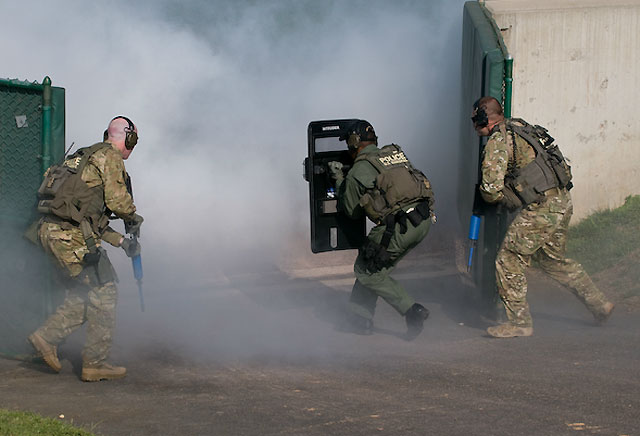
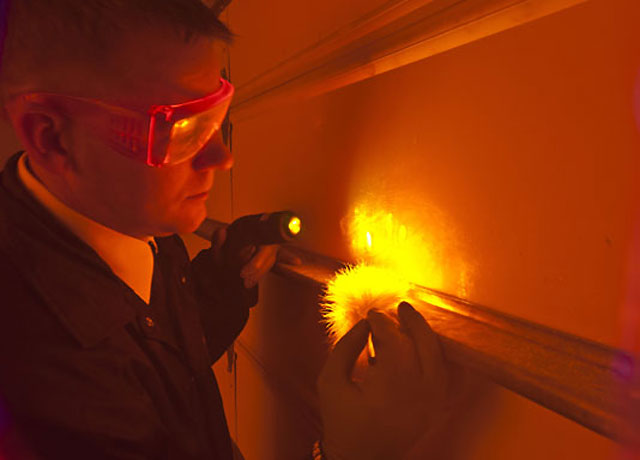
Headquartered out of Quantico, Va., the agency's broad range of responsibilities include the following:
(Courtesy of United States Army Criminal Investigative Command)
Courtesy of United States Army Criminal Investigative Command
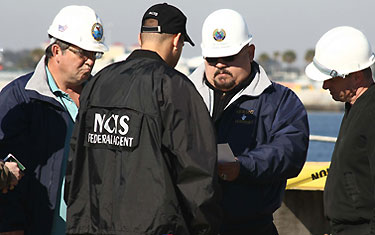
It is comprised of approximately 2,300 employees in more than 40 countries around the world.
While criminal investigation is at the core of NCIS, the agency focuses on fighting terrorism.
(Courtesy of NCIS)
Courtesy of NCIS
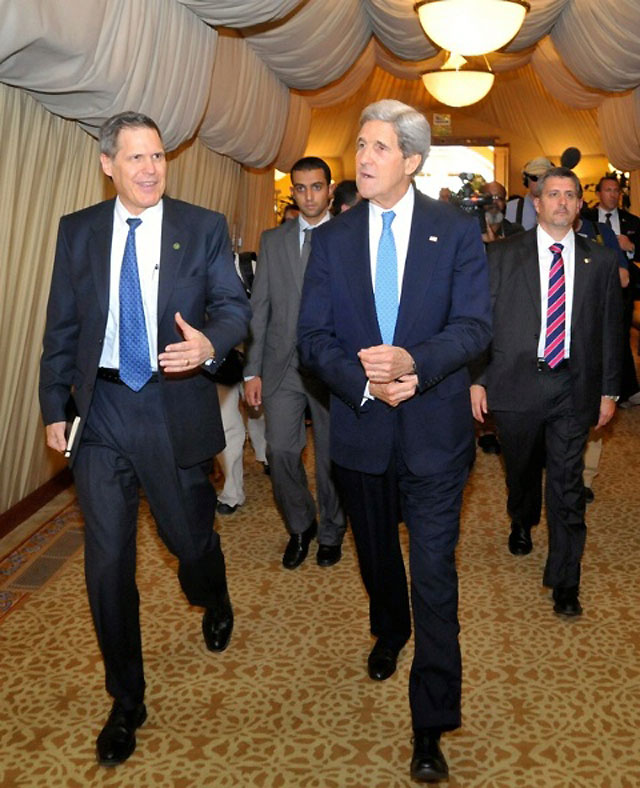
(Courtesy of Bureau of Diplomatic Security)
Courtesy of Bureau of Diplomatic Security
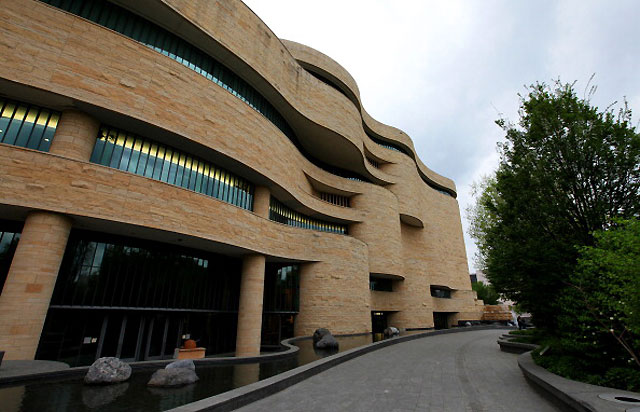
OPS provides K-9 services, boat patrols and security services at the National Zoo, Smithsonian Environmental Research Center in Mayo, Md., and at Smithsonian facilities in Panama.
(Getty Images/Raymond Boyd)
Getty Images/Raymond Boyd
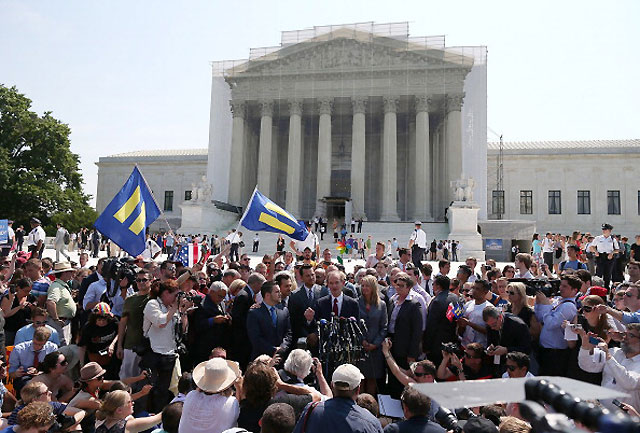
It was established in 1935 and falls under the jurisdiction of the Marshal of the United States Supreme Court.
(Getty Images/Mark Wilson)
Getty Images/Mark Wilson
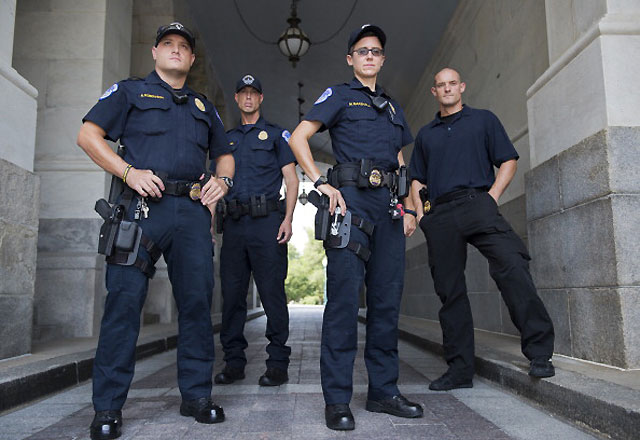
(Getty Images/Tom Williams)
Getty Images/Tom Williams
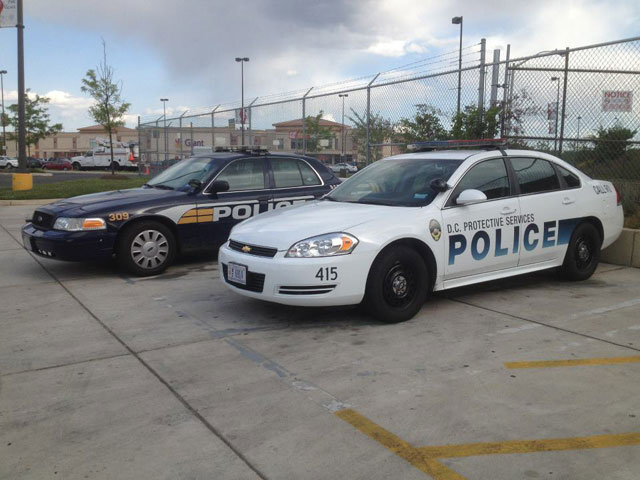
Officers also handle building security, response to calls for assistance at protected facilities, security assessments, monitoring and directing the contract security force to providing security for visiting dignitaries on district property.
(Facebook/Protective Services Police Department)
Facebook/Protective Services Police Department
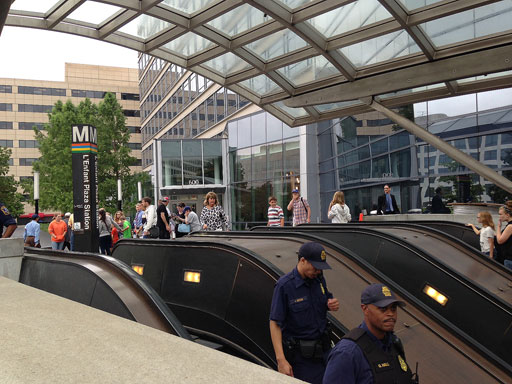
(WTOP/Megan Cloherty)
WTOP/Megan Cloherty
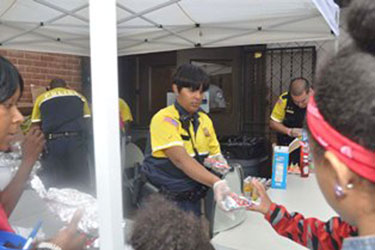
It is a fully operational, 24-hour police force that conducts patrols throughout D.C.'s public housing developments.
(Courtesy of District of Columbia Housing Authority)
Courtesy of District of Columbia Housing Authority
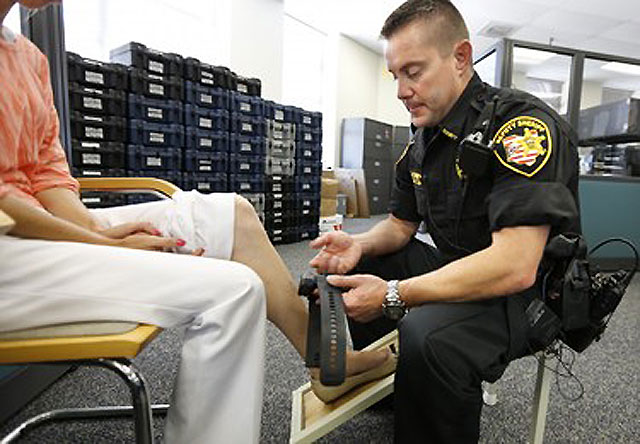
(AP)
AP
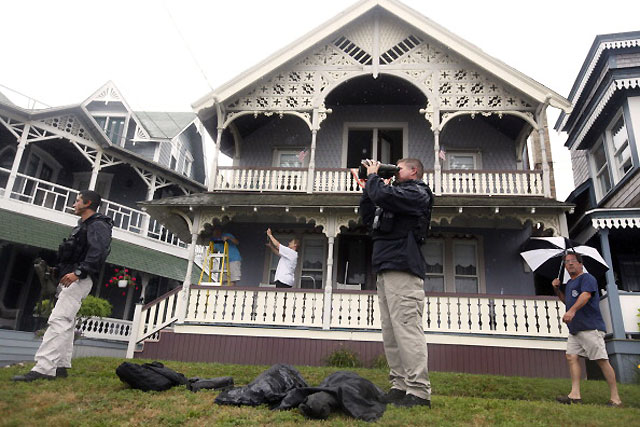
The agency was established in 1865 to suppress the counterfeiting of U.S. currency. Its powers expanded at the turn of the century.
In this photo, agents keep watch on Lake Avenue while U.S. President Barack Obama places a take-out order at Nancy's Restaurant Aug. 13, 2013, in Oak Bluffs, Mass.
(Getty Images)
Getty Images
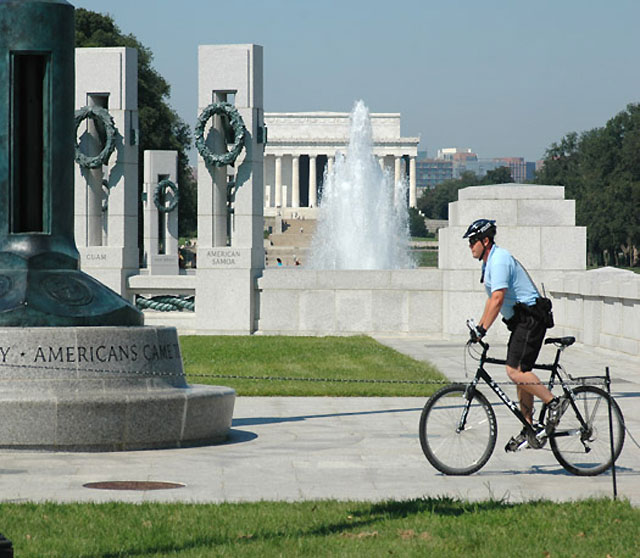
(Courtesy of U.S. Park Police)
Courtesy of U.S. Park Police
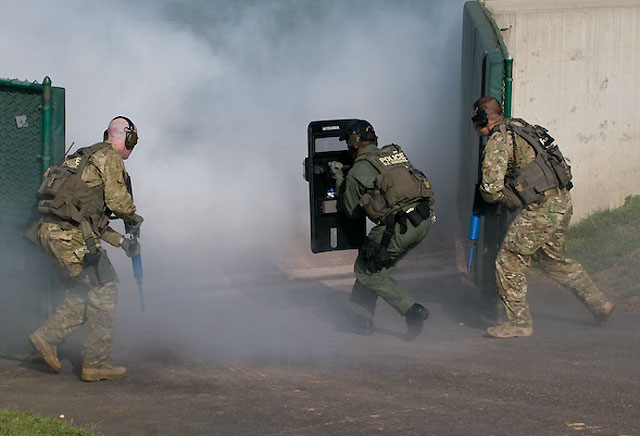
(Courtesy of U.S. Marshals)
Courtesy of U.S. Marshals
